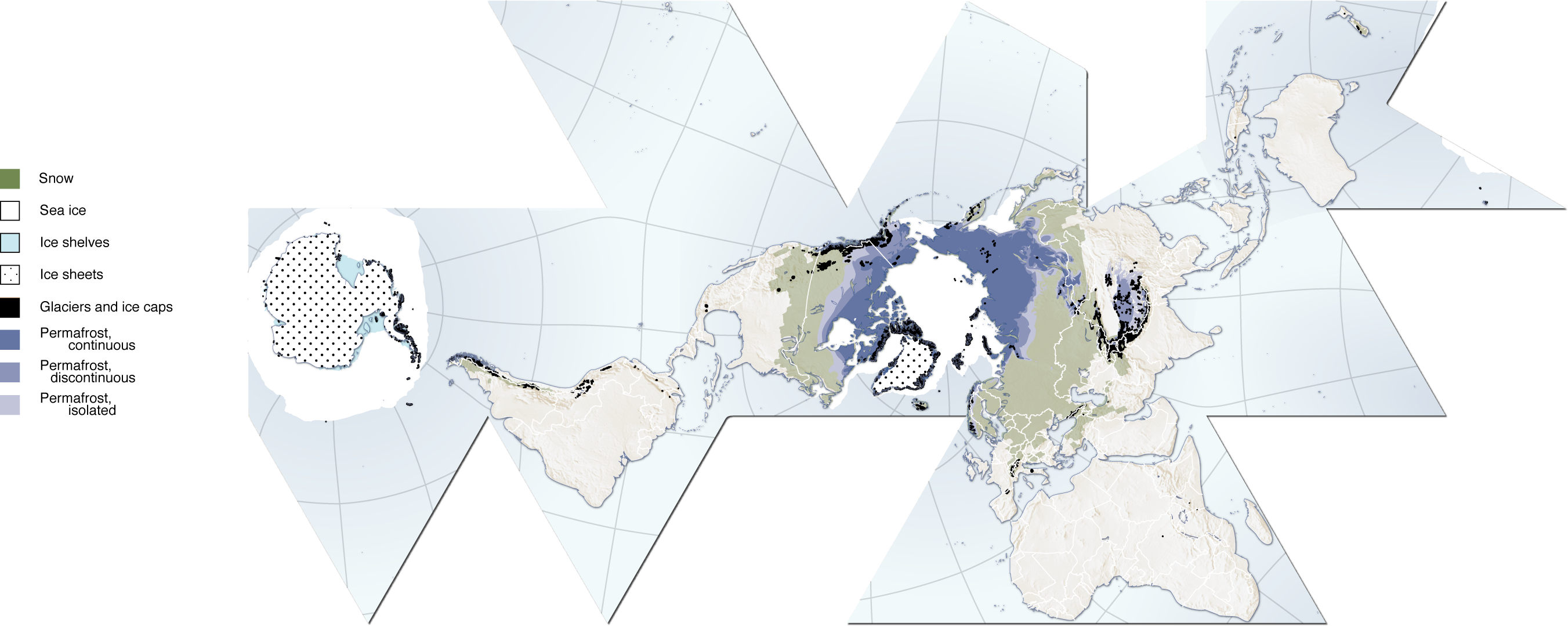 | |
| The Cryosphere on Earth from Wikipedia |
Explore:
Boy, this module has taught me so much more about water! So exciting. I had never really thought about the Arctic as just a lot of floating ice. For some reason in my head, it was just like Antarctica.
I was in awe of the strength of the people of the village Shishmaref. They are truly feeling the impact of Global Warming. The erosion there is very similar to what coastal towns in California are facing. But the rate of devastation in Shishmaref is incredible and their resources are so limited.
The people of the north are truly feeling the impact of Global Warming. The loss of habitat and the change in the ecosystems will change our world. I did not realize how specific the organisms in the Arctic were creating such small food webs. But when you think about the extreme environments not many organisms will survive. The slightest change in temperature will impact the food webs and can have a devastating effect. I wonder how in the Inuit people will survive as their food sources disappear?
 |
| The Old Harbor Culvert. You can see the sea water entrance in the left of the photograph. |
The sea ice really made me take a look at the Culvert here in Old Harbor. I am amazed at how much of the Culvert is not frozen. This year we are seeing a thin covering over a lot of the Culvert. But then it must not be that thin if the kids are riding their 4 wheelers on it. It is interesting to see the daily changes to the Culvert.
Extend:
The Inuit Circumpolar Council is a very interesting organization. I believe the research and collaboration will help strengthen our understanding of the impact of climate change especially in the Arctic region. I enjoyed personally reading about what they are doing and about their organization. Yet, I do not believe I would use this resource in the classroom. I may mention it as an organization and what it is doing but it would not really be part of a lesson.
The videos in the culture connections show a glimpse of life on in the northern regions of the world. These videos help us see the impact Climate Change. All of the videos in this unit help create a clear picture of the impacts of our actions.
I love the Watching Ice Melt lab. I wonder how many of my students will make the right prediction? I can't to try it with my students.
Evaluate:
The labs in this module will be fun to incorporate into my classroom. The material in this module was a review of the science I already teach. The videos will help me bring the concepts to life for the students.
3 Colleagues:
Matt relates this module well to historical events as well as his own experiences. His blog helps bring the concepts together through real life examples students can relate to.
Eric relate this module to what he can learn from his students. I appreciate the use of such a valuable resource.
Kris uses this module to bring cultural understanding to her students. It was an insightful lesson for her. She also reflects on how students could loose hope.
No comments:
Post a Comment